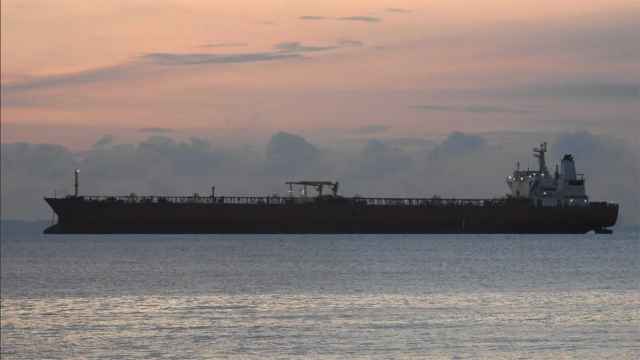The lower house of Bolivia's legislative assembly passed a bill allowing GP Exploracion SL, a Gazprom subsidiary, to acquire a 20 percent stake in the Aquio and Ipati natural gas blocks from Total, a news report said Thursday.
The details of the deal have not been disclosed, Vedomosti reported. A Gazprom spokesman confirmed the state oil giant's intention to acquire a stake in Total's Bolivian assets. Total declined to comment on the news.
The deal will have to be approved by the Senate and signed by the president to go ahead. Total will keep 60 percent in the Aquio and Ipati blocks, while Techint Group will retain 20 percent, Kommersant reported.
Gazprom became interested in the development of Bolivian gas deposits in 2010. In the same year, Gazprom International and Total signed an agreement for the purchase.
Gazprom estimated that the Aquio and Ipati blocks contain about 176 billion cubic meters of natural gas and 15 million tons of gas condensate.
Total and Tecpetrol have drilled five prospecting wells and are currently conducting seismic surveying of the blocks.
Preliminary gas production is expected to start at the end of 2016, Vedomosti said.
Valery Nesterov, industry analyst with Sberbank CIB, estimates the value of Gazprom's share in both projects at $300 million to $500 million.
Bolivia exports almost all gas produced on its territory, and Nesterov sees big potential in the region.
He noted that the adjacent Azero block, where Gazprom may also receive a 20 percent stake, was the biggest project in Bolivia with potential production capacity of up to 9.5 billion cubic meters of gas per year. That is about equal to both the Aquio and Ipati blocks' projected peak production combined.
Vladimir Milov, head of the Energy Research Institute, believes that Gazprom needs Bolivian projects mainly to prop up its status of a global company.
In his opinion, the project has limited prospects on the international market due to the need to make significant investments in the new deposits' infrastructure.
Moreover, Bolivia does not have sea access, which means it will always have to rely on its neighbors, Argentina and Brazil, for logistics.
"In prospect, Bolivia will hardly be able to become a big player on the international market," Milov said.
Contact the author at [email protected]
A Message from The Moscow Times:
Dear readers,
We are facing unprecedented challenges. Russia's Prosecutor General's Office has designated The Moscow Times as an "undesirable" organization, criminalizing our work and putting our staff at risk of prosecution. This follows our earlier unjust labeling as a "foreign agent."
These actions are direct attempts to silence independent journalism in Russia. The authorities claim our work "discredits the decisions of the Russian leadership." We see things differently: we strive to provide accurate, unbiased reporting on Russia.
We, the journalists of The Moscow Times, refuse to be silenced. But to continue our work, we need your help.
Your support, no matter how small, makes a world of difference. If you can, please support us monthly starting from just $2. It's quick to set up, and every contribution makes a significant impact.
By supporting The Moscow Times, you're defending open, independent journalism in the face of repression. Thank you for standing with us.
Remind me later.





